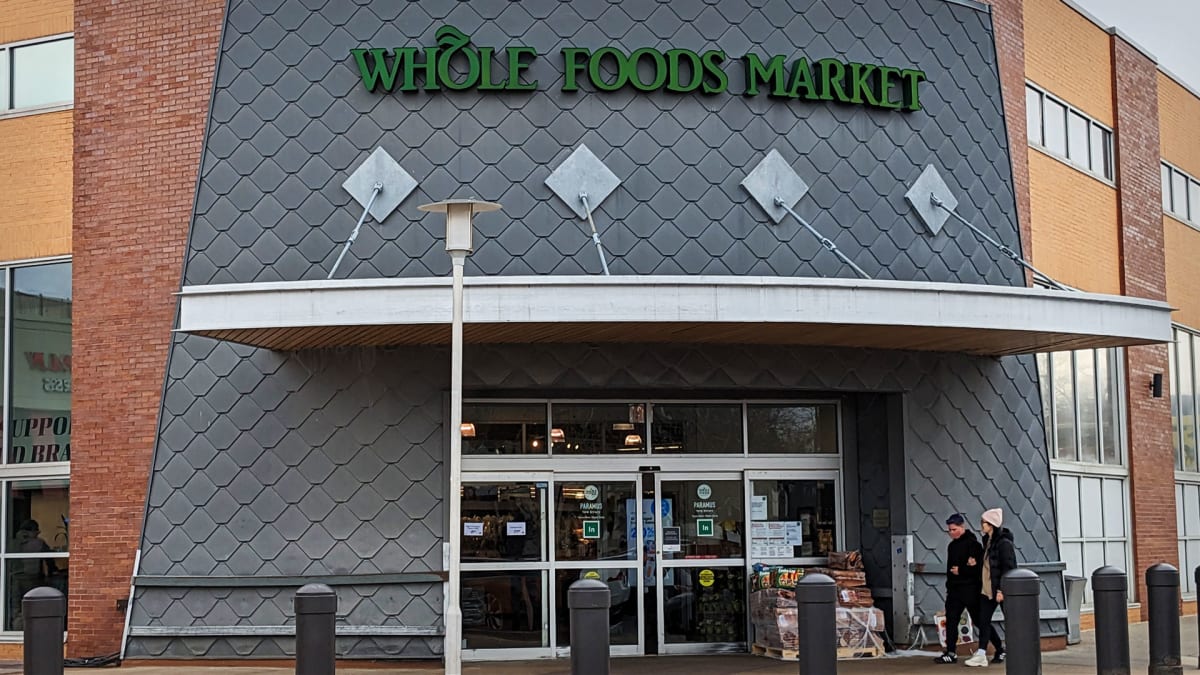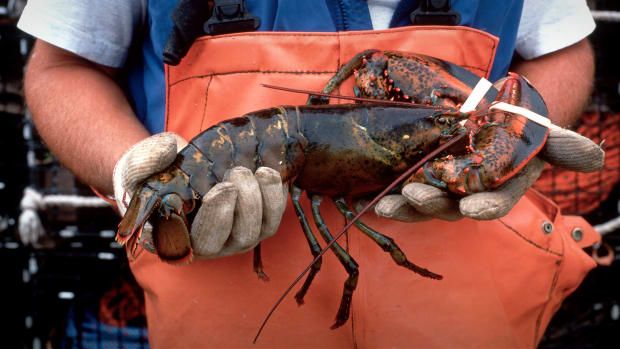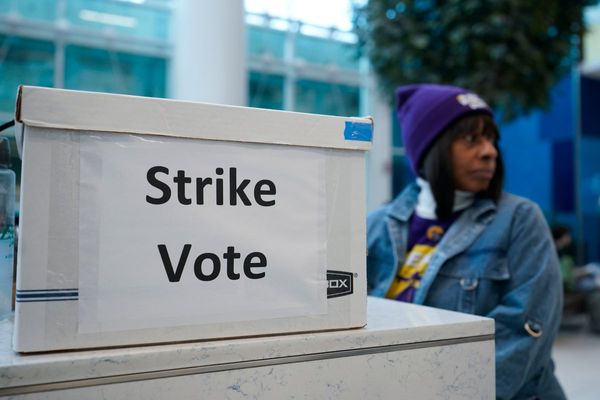
Whole Foods has, for years, been very proud of its fish selection -- the Amazon (AMZN)-owned upscale supermarket chain even has a secret fish menu that allows those who are looking for rare types of seafood to call a dedicated fishmonger who will work to secure it so long as it's not endangered or out of season.
"We definitely geek out over this stuff," Whole Foods wrote in a blog about its seafood department. "As long as the fish meets our seafood Quality Standards and is in season, we’ll do our best to get it for you."
READ MORE: Whole Foods Has a Secret Menu
The latter is key because Whole Foods also faces pressure to maintain its sustainability commitments after being acquired by Amazon in a $13.7 billion takeover in 2018.
An Outcry Over A Lobster Decision
Those commitments were what pushed Whole Foods to stop selling lobster from the Gulf of Maine last November -- the decision came after environmental groups like Monterey Bay Aquarium Seafood Watch and Marine Stewardship Council found that harvesting it put many endangered whale species at risk.
The decision was immediately met by outcry from Maine lawmakers from both sides of the spectrum. Maine Gov. Janet Mills and a special congressional delegation issued a statement saying that there "has never been a right whale death attributed to Maine lobster gear" while the decision hurt "the livelihoods of hardworking men and women up and down Maine's coast."
Republican lawmakers took one step further and, this week, Senate Republican leader Trey Stewart sponsored a bill that would kick Whole Foods out of the Business Equipment Tax Reimbursement program -- the initiative give businesses working in Maine certain tax breaks and, according to the Associated Press, reimbursed the only Whole Foods in the state $36,671 in 2021.
"We shouldn't be giving tax breaks and using Maine's tax system to aid any organization attempting to undercut a key industry in Maine, and yet that's exactly what we are doing right now,” Stewart said during a meeting of the state legislature's Taxation Committee.

Getty Images
A Whole Foods Tax Break Could Be Coming To An End
In other media comments, Stewart called Whole Food's decision akin to following "blind science" and a "black eye" for the local lobster industry. The bill could also apply to any other businesses boycotting Maine products "due to outside pressure."
Stewart's bill was supported by the Maine Lobstering Union representing over 5,000 of the harvesting workers from the state and opposition from some local retail groups trying to bring capital and business to the state.
“While we are sympathetic to the challenges of the Maine lobster industry, we do not support the premise that the Legislature should create policy that seeks to disincentivize and financially burden businesses based on the products that they ought to sell or not to sell," Christine Cummings, executive director of the Maine Retail Association and the Maine Grocers and Food Producers Association, told local outlets. "We cannot support laws that impede on private business and their distinct business models."
The bill would face a lot of red tape to both be voted on and enforced as the latter is done by local municipalities. But anger at Whole Foods is fairly bipartisan as many local residents are also speaking out.
Whole Foods did not immediately respond to request for comment on the push from Maine legislators.







